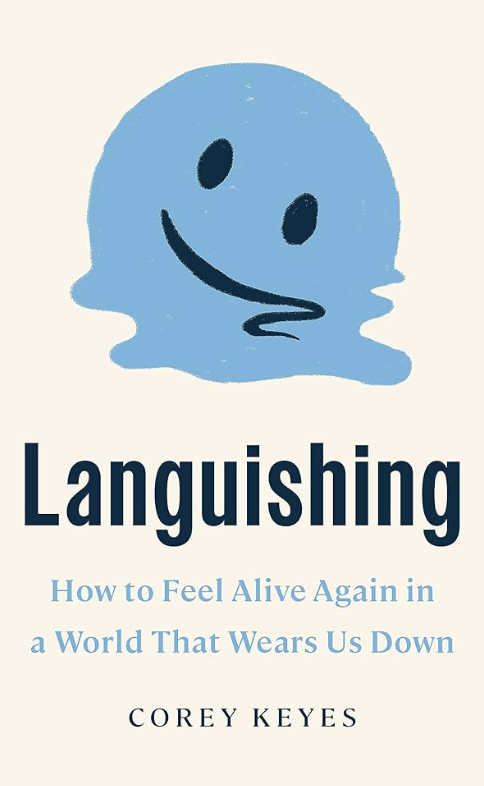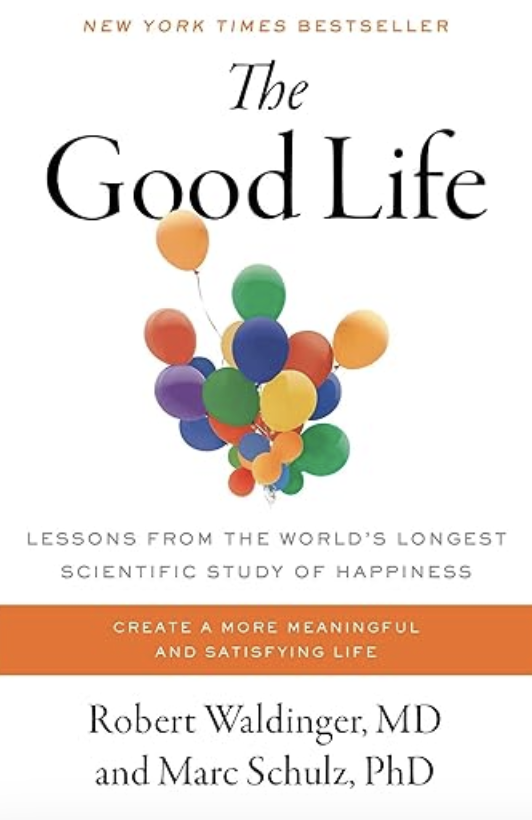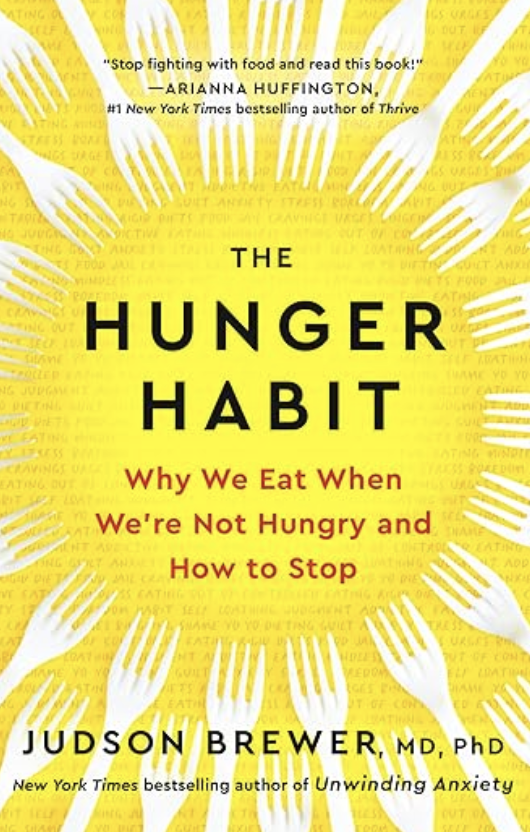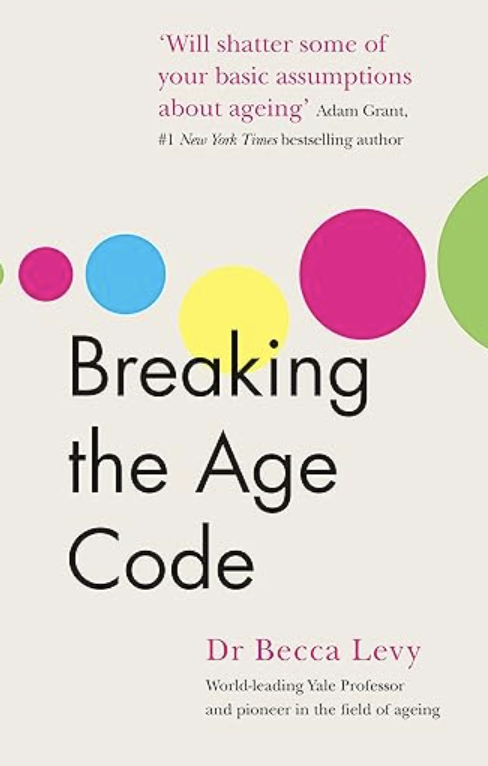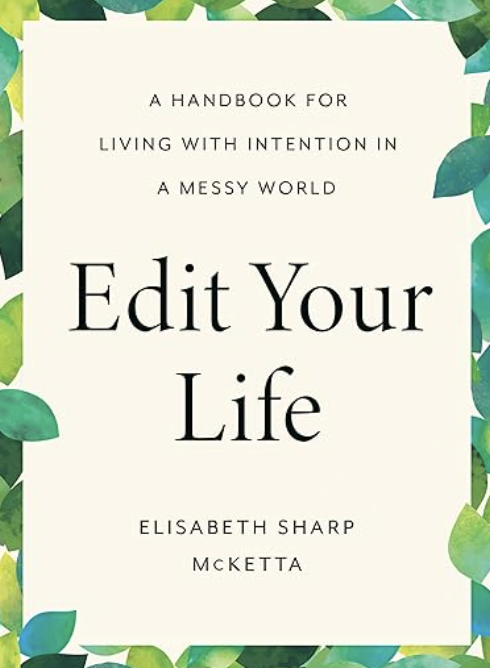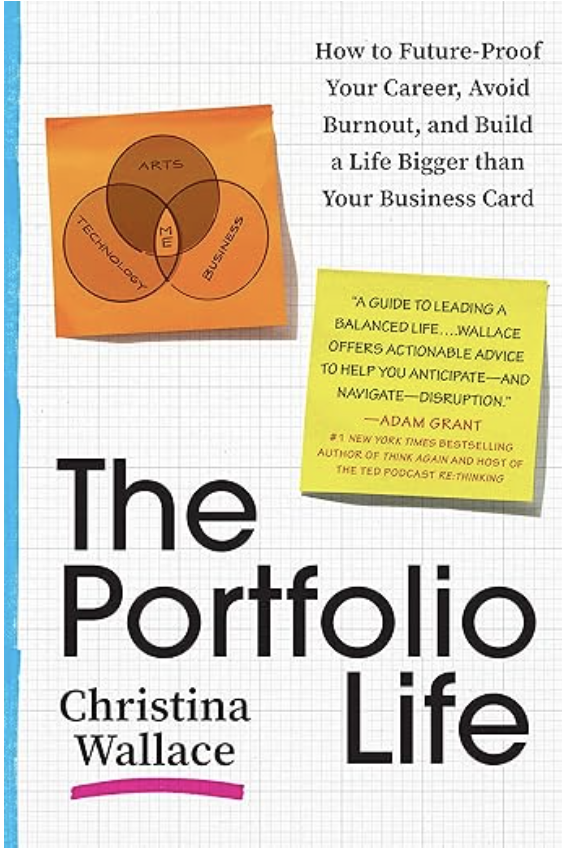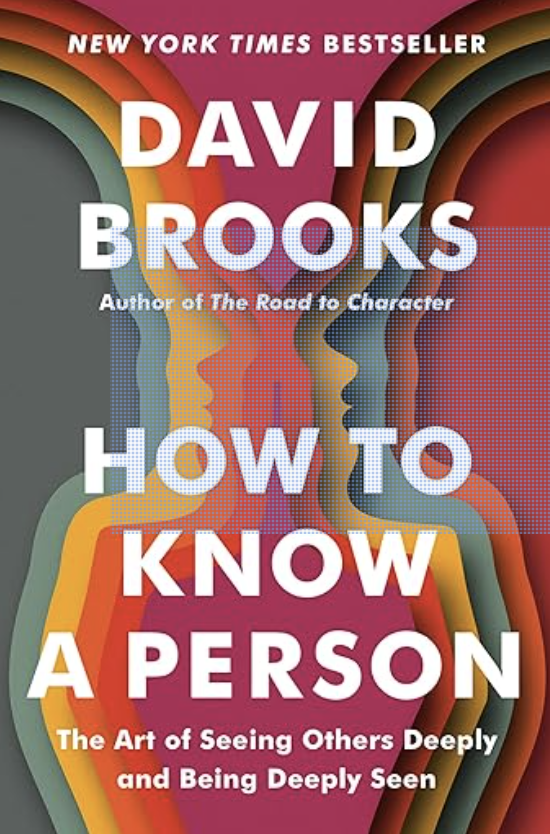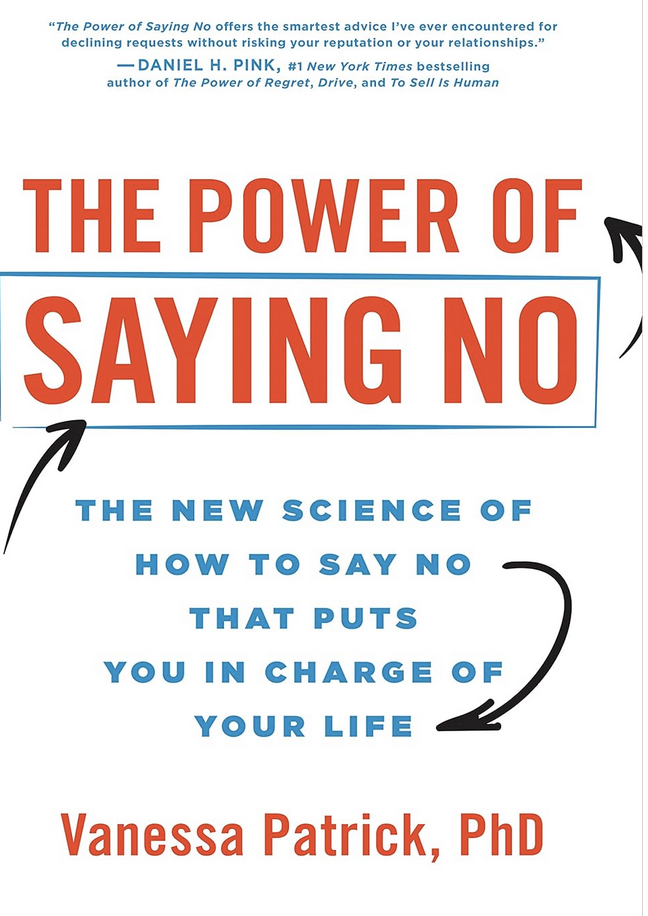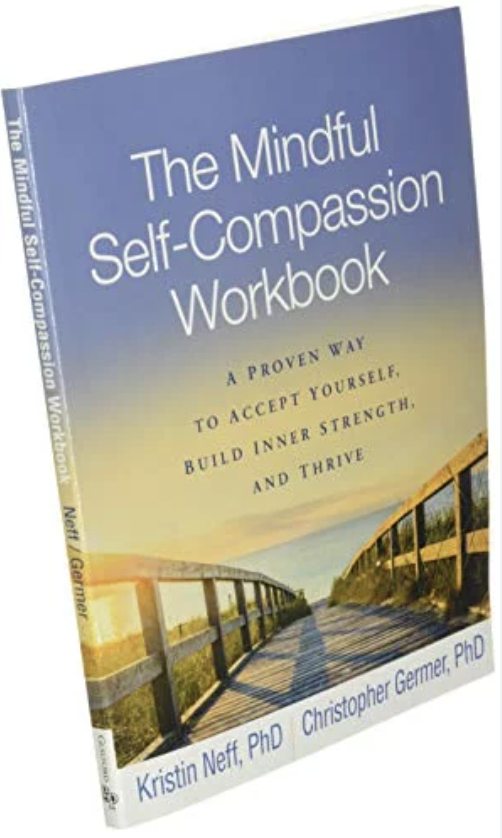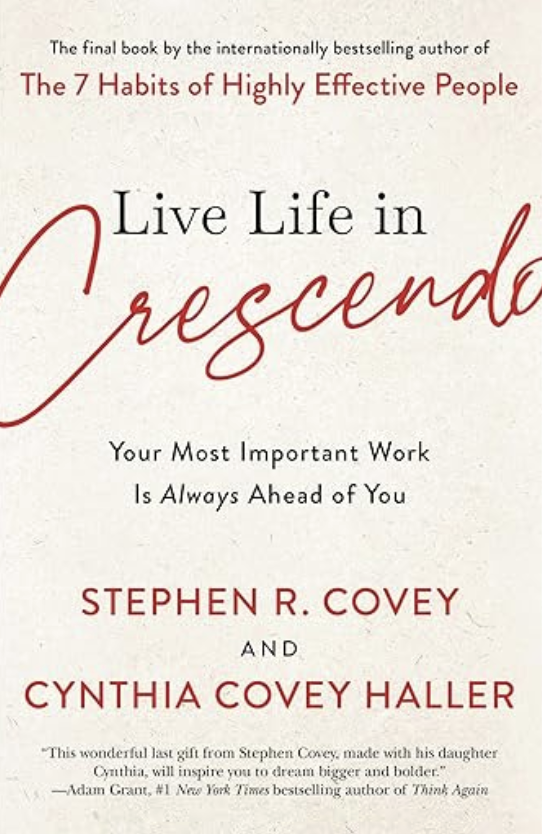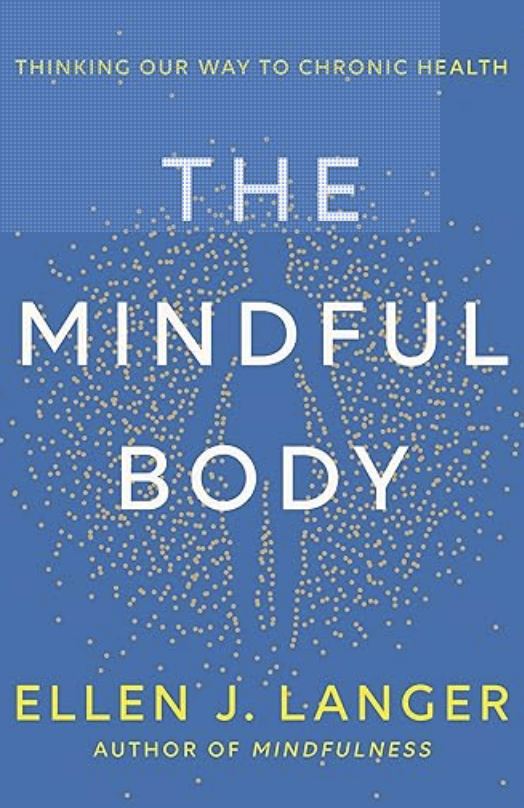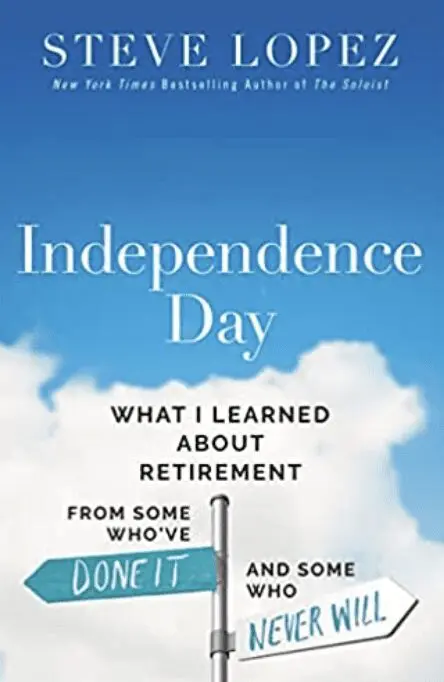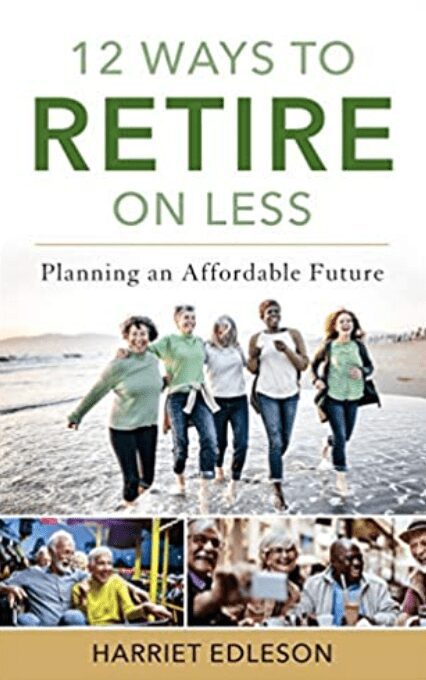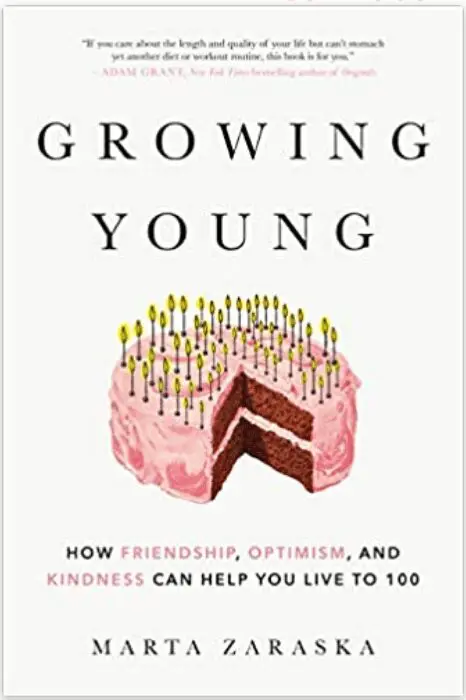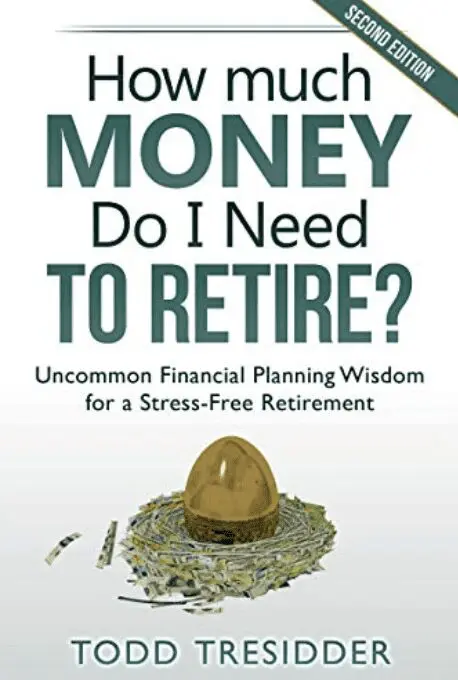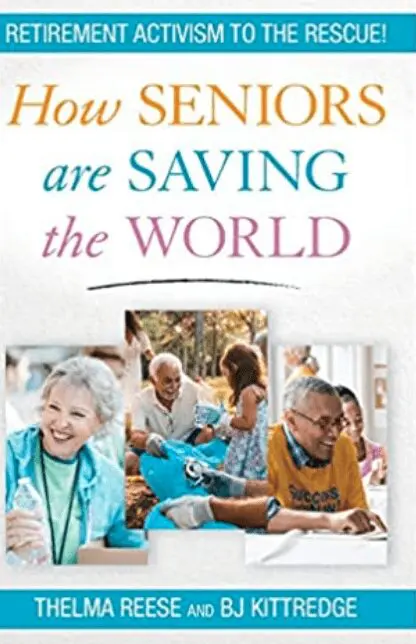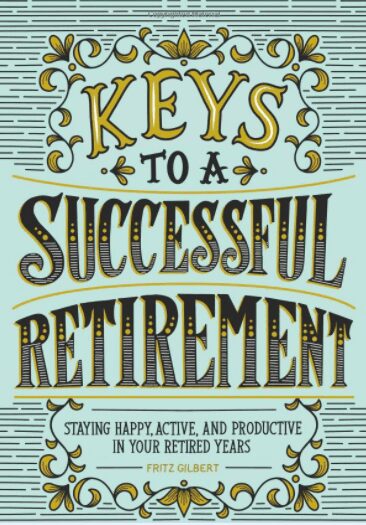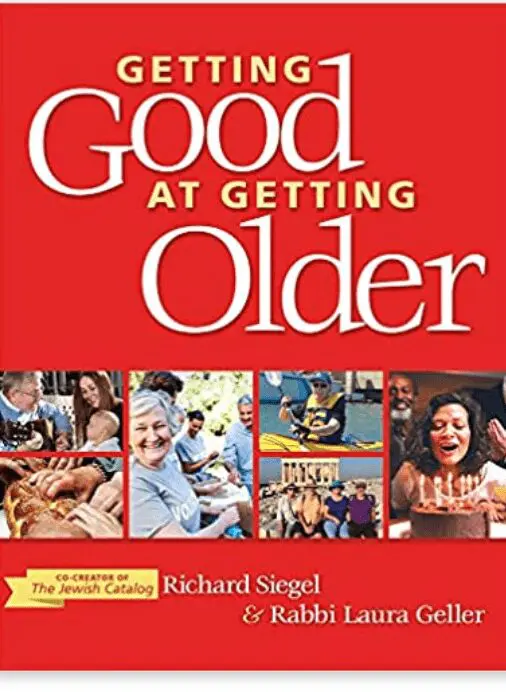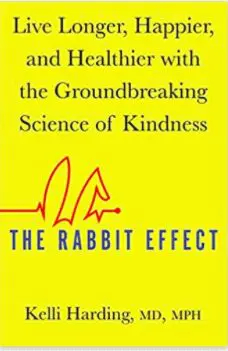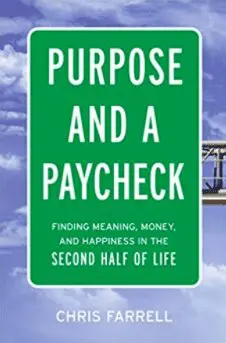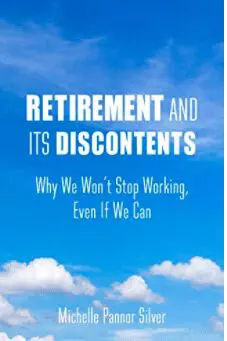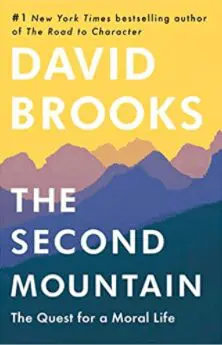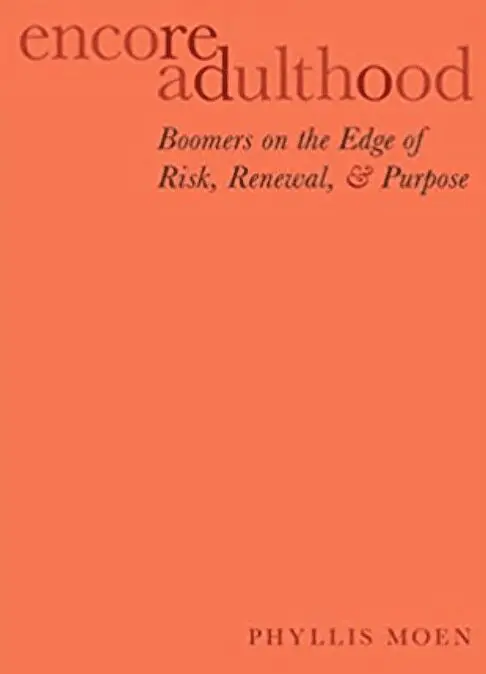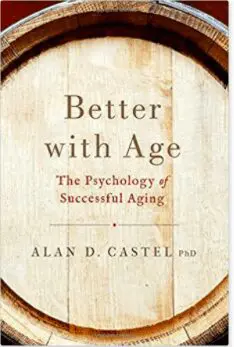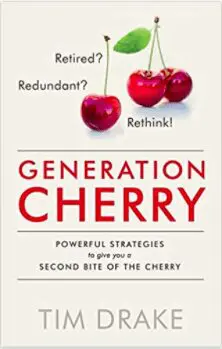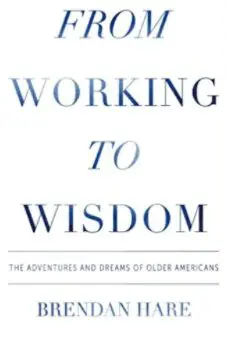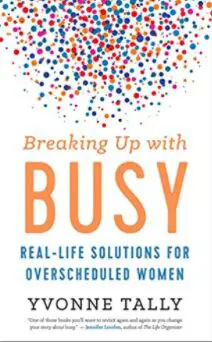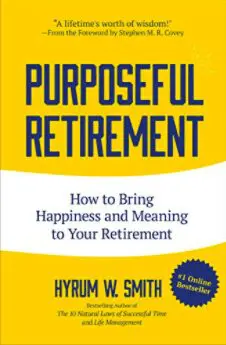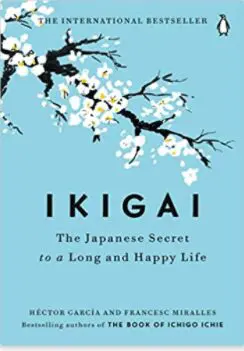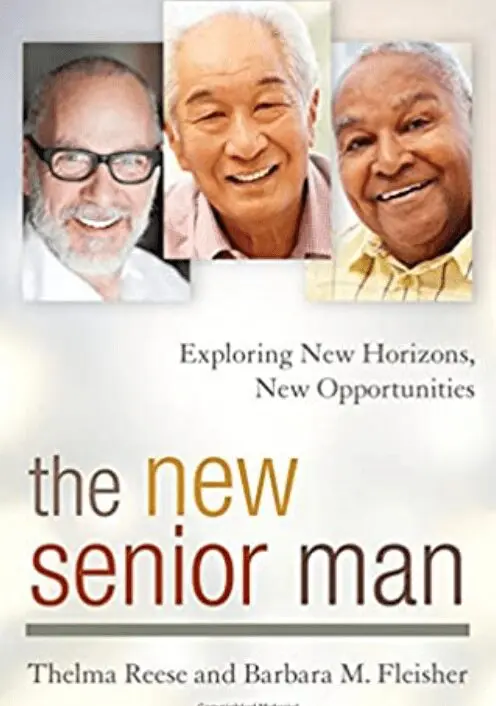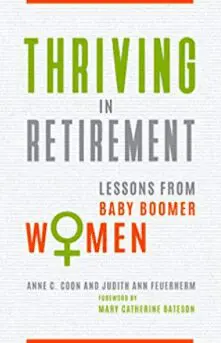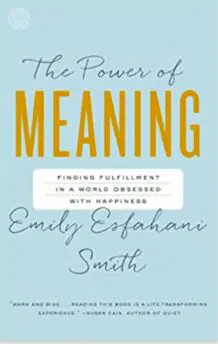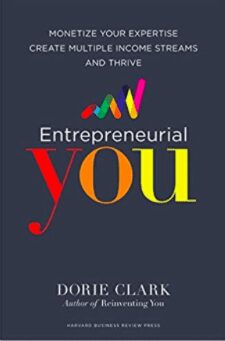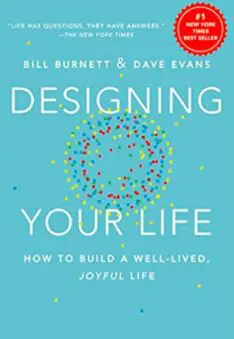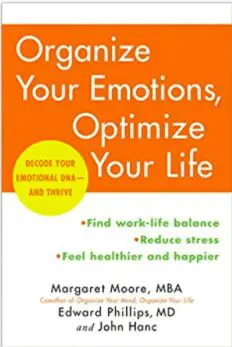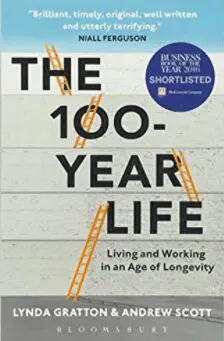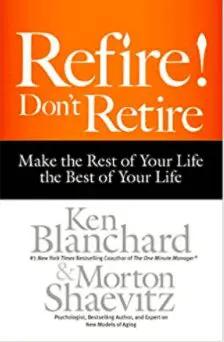By Bill Burnett and Dave Evans (2016 – Knopf)
Book Review by Joe Casey
In Short
There aren’t many books that would make a great gift for high school graduation, college graduation, or a retirement celebration. This is one.
Bill Burnett and Dave Evans are two professors at the design school at Stanford, who have opened up the material from their long-standing course on Designing Your Life to all.
The book shares how the principles of design thinking can be applied to planning your life – at any stage. The book is filled with great examples of people at the later stages of their career who have used it to design their second act career.
Food for Thought
The authors outline five design mindsets you can apply to life planning:
- Curiosity
- Action-orientation
- Reframing
- Prototyping
- Asking for help
While they are all important, the points they make on prototyping stand out. People often search for the ideal career/life and agonize over making the optimal choice. The authors advocate an approach of trying things, experimenting, learning and evolving that is quite different. They cite several examples where people find this approach actually saves time in the long run, while it may appear longer. As an aside, in my coaching practice, I’ve used many of these principles and can assure you they are well worth the effort.
Takeaways
A noteworthy contribution from this book is the recommendation to create multiple versions of your future when planning your next move. The authors recommend building several alternative visions and plans to begin testing and gathering more data before you commit to one.
A Kickstarter
Burnett and Evans note that this process is best done with others – it’s not a solo journey. They recommend finding partners to help think through the process. They make the important point that the perspective and insights from others, peers, mentors, and/or a coach, can be critical and they recommend finding a partner or team of partners.











